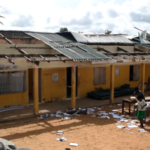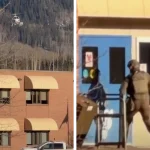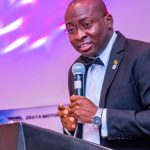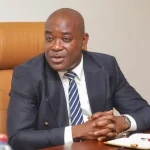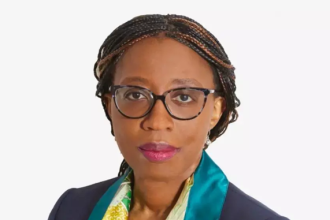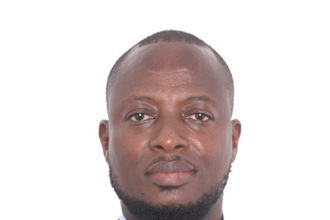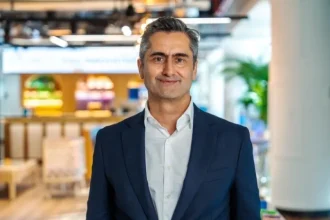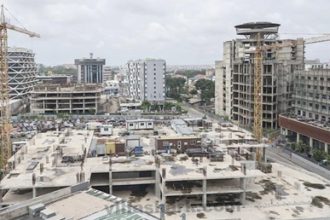I live in Navrongo in the Upper East Region, approximately 814 km from Ghana’s capital, Accra.
I am a postgraduate student studying Population Studies at the Regional Institute of Population Studies (RIPS), University of Ghana, Legon, Accra and a trained youth advocate under the Youth Leaders for Health Program.
Youth Leaders for Health is a joint program by WACI Health, RESULTS UK, Health Promotion Tanzania-HDT, Hope for Future Generation and CISMAT- Sierra Leone with support from Comic Relief, UK.
I never imagined that in my lifetime, there would be a pandemic that would rock the world forcing us all to stay home.
Past
I am told that I was born a happy child, always smiling, particularly when I was thrown up into the air and touching people with my little hands. As I grew, this did not change: having people close made me happy. Now we have to social distance…
In this town, people believe in the spirits having close ties with the people…is that changing too? Is COVID-19 having such a spiritual impact?
I lived through the Ebola scare which swept through Africa but fortunately didn’t enter Ghana. This pandemic feels different.
Present – First 8 Weeks of Hearing about COVID-19
Everything has changed. Every conversation is centered on COVID-19. Ghana had its first case of COVID-19 on March 13th 2020.
Market women practice social distancing, unheard of prior to COVID-19. The gates of all schools have closed, children play gleefully in the house but under the very watchful eyes of their parents and people are afraid to touch each other. The borders, drinking spots and public places remain closed apart from a few bars that open nevertheless. Articles and documentaries on similar pandemics look like movies, except they are actually a reflection of today’s reality.
My health advocacy work
As I advocate each day, I do this with a little bit of fear mixed with greater portions of courage. Whenever you watch the news, you hear so much about COVID-19 myths, which have now been debunked. These uncertainties drive us to paranoia.
Some in my community, through ignorance, believe that drinking alcohol can prevent infections from COVID-19 so some drinking bars in Navrongo open up to customers. In these pubs, social distancing has been thrown to the dogs and misinformation thrives.
In my work as a health advocate, I have decided that my messaging within the community will combine the subjects of malaria and COVID-19. I was invited to speak on Radio FAS in Navrongo where I talked on preventive measures for both COVID-19 and malaria. It was a great experience as it gave me the opportunity to do what I love: “advocacy”.
I believe that mortality numbers for malaria is still higher than that of COVID-19. In order to have coherent messaging, I imbued COVID-19 precautionary measures in my antimalarial dissemination message on radio and on social media. Additionally, I continue to educate my peers on COVID-19.
We meet in small groups of 5-6 persons in a prearranged location and we share thoughts, fears and strategies for keeping safe.
Despite mortality being lower among the youth, I believe we have a very big role to play in flattening the curve and also minimizing the spread. We must learn how to live with COVID-19. Until a time when a vaccine is produced, COVID-19 will keep serving as a threat and the best thing I think other advocates and I can do is to constantly remind the people around us that COVID-19 is real and that they have a duty to help stop or minimize the spread of the virus.
In my community, for several days there was talk about how COVID-19 only spreads to and kills older people. Misinformation, again. I met with community members and educated them about how infectious this pandemic is and that we are all at risk of contracting the virus, regardless of age.
These are real challenges to targeted and effective community advocacy.
Nevertheless, I admire the entrepreneurial spirits of Ghanaians. Face masks were previously expensive and scarce but are now affordable by kind courtesy of our tailors. Yet some people have simply decided not to wear them. It is difficult to blame ignorance because they see others wearing it.
After 8 Weeks of COVID-19
I rarely go outside as school is now online, so every morning I open my laptop, log in to Zoom and listen to my lecturers speak with varying degrees of poor internet connection. It is not easy but this is the kind of life we have to live at Navrongo. As days turn into weeks then into months, we each long for things to go back to normal.
Sometimes I ask myself, “what kind of normal are we looking forward to? The old normal or a new normal?”
The way of life of conservative Navrongo has changed. Sometimes, I wonder how life after COVID-19 would be and how we would socialize, how customs and traditions would change and how the internet would now be the major means of communication in contrast to face-to-face communication.
Oh, dear. In the words of my mentor, Dr Sylvia Anie: “Advocacy is challenging when faced with misinformation, fear and negative social norms… a true advocate is able to adjust and refine his/her message to suit the circumstance”.



